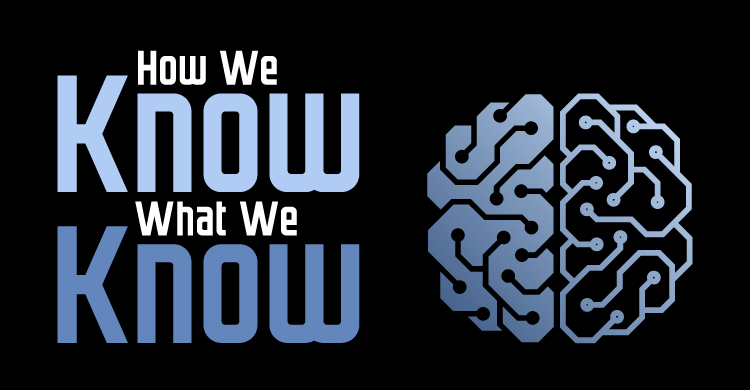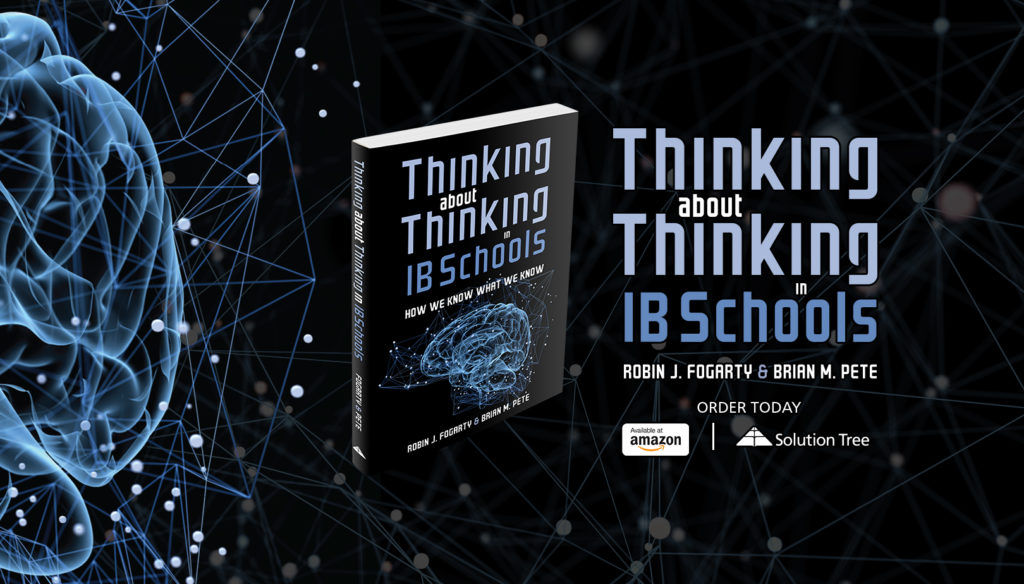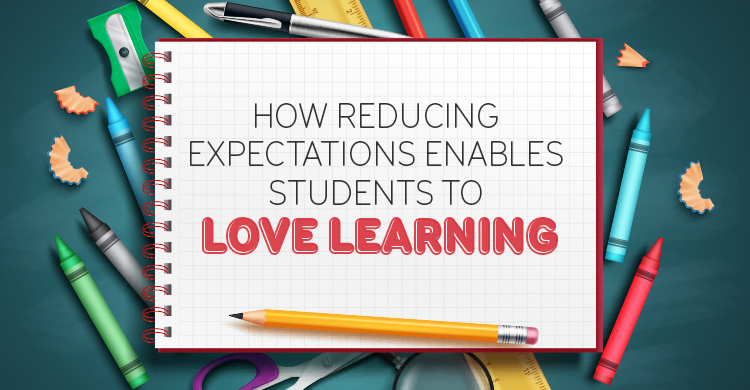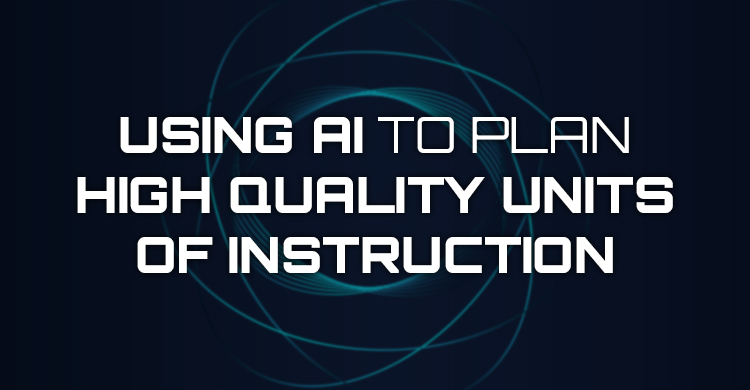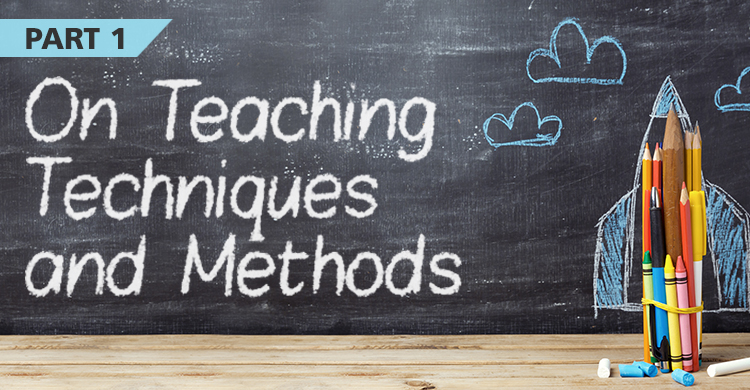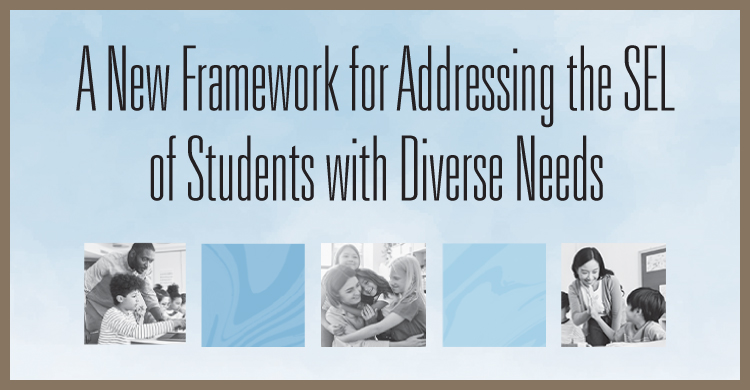Thinking about Thinking in IB Schools: How We Know What We Know (Fogarty, Pete, 2020) examines teaching techniques in International Baccalaureate schools, focusing on a curricular framework that is used on the international instructional scene.
For students influenced by the high expectations of this “IB kind of study,” their performances show evidence of thought and a rare mindfulness for young learners. That said, this is a practical guide framed by the fine curricular beliefs crafted by the founders of the IB schools (2018) and the Theory of Knowledge (2014).
This book offers a dual focus on cognitive excellence and on the awareness and practicum of social-emotional learning. This text choice provides a balance of affective learning and cognitive learning for our students. In brief, they value learning and their personal best under this umbrella of high expectations. They respect thoughtfulness and embrace social-emotional learning as their creed.
Practically speaking, this text’s message offers an authentic picture for parents and administrators as they observe and weigh the many benefits for student journeys into the world of known and unknown challenges.
A cursory survey of seven valued dispositions woven into the fabric of IB-influenced schooling is presented in two representative sections. The first cluster encompasses curious, confident, connecting, and caring minds, while the second bunch contains reasoned, decisive, reflective, and global minds. With a practical purpose in mind, we will provide seven instances of “quick wins” for readers to try in their classrooms.
Curious minds inquire
“Curiosity killed the cat [and we’ll leave it at that]!” —Ben Johnson
Curious minds seek the what and why and how about the many encounters they experience. Our job is to spark student interest by invoking curiosity. Suppose “The Dinner Party” are the only three words we know. What are you curious about in that title? What is your best bet on a story with this title? Details, please! Justifying reasons, please.
Confident minds risk
“Make no little plans: They have no magic to stir men’s blood.” —Daniel Burnham
Confident minds show no doubt or fear about their abilities to accomplish what they set out to do. They plan with vision and practical knowhow, and dive right in. They revise as needed, making major shifts, and then dive back in for lots of fine-tuning. Our part is to foster “personal best” results, polished and shined, buffed and staged, as they debut their spectacular endeavor. Have students share with partners, a personal-best accomplishment that was applauded by others.
Thinking minds connect
“I cannot teach anyone anything. I can only teach them to think.” —Socrates
David Perkins once wrote that “knowledge comes on the coattails of thinking.” The more we think about something, the more we know. The more we know, the more varied the connections are. These connections emerge from our background knowledge as fodder for fertile minds. Use your brain as a connection-making machine, and generate a flow of connections to the concept of “structures.” Pair-share your three best connections to structures.
Reasoned minds resolve
“If you keep rephrasing the question, it gradually becomes the answer.” —Robert Brault
There are conundrums that occur in life repeatedly. For example, this was my conundrum going through school, when dictionaries were still fundamental resources. “How do I find a word in the dictionary if I don’t know how it’s spelled?”
To exercise students’ thinking—to get them thinking about their thinking—offer questions that spark conundrums. Try this one: “What do you do when you don’t know what to do?” The reasoning mind will resolve our conundrums and sharpen our thinking.
Decisive minds act
“If you can’t explain it simply, you don’t understand it well enough.” —Anonymous
Do I or don’t I? That is the question! Decisive minds aggressively seek answers because debating decisions creates an imbalance in our thinking. “Could I or can’t I?” “Will I, or won’t I?” “Should I or shouldn’t I?” You know, weighing the “coulda, woulda, shoulda” choices. Ask students to share a question that became a “coulda, woulda, shoulda” decision for them (e.g., going to the prom with so-and-so). Share how we manage “fuzzy” situations that come our way.
Mindful (mirrored) minds reflect
“Metacognition is the mind watching itself.” —Anonymous
Doing what’s right. Getting it wrong! There are instances in our lives when we act in a way we believe is right, yet, upon reflection, we got it wrong. One example: A teacher, well intentioned, recommended retention to support a struggling fifth grader who had joined the school late in the spring. The parents and the school team all agreed, and that’s what happened. Yet, in hindsight, the student did not blossom and “catch up,” as was hypothesized at the time. Rather, she withdrew socially and emotionally remained withdrawn with low self-esteem far into high school. Doing what we thought was right turned out to be terribly wrong.
Global minds network
“Always keep an open mind and a compassionate heart.” —Anonymous
Keeping an open mind and a compassionate heart is easier said than done. When we have a strong, long-held belief that is challenged, it is difficult not to get emotional about it. Those who supported the NASA space program could barely tolerate those who felt it was a waste of time and money. Supporters would proudly say that research gave us the microchip, etc. Opponents responded by asking how much it cost to develop.
Silly as it sounds, it’s hard to switch sides in a debate. Try an Agree/Disagree activity with students. Examples: “Do you agree or disagree with the practice that students’ hard drives can be searched by the school administration? Why or why not?” Then, discuss keeping an open mind and a compassionate heart in the heat of the argument.
Whether teaching at an IB school or another type of venue, educators can benefit from the detailed explanations and processes within Thinking about Thinking in IB Schools: How We Know What We Know.
[author_bio id=”341″]
[author_bio id=”53″]


